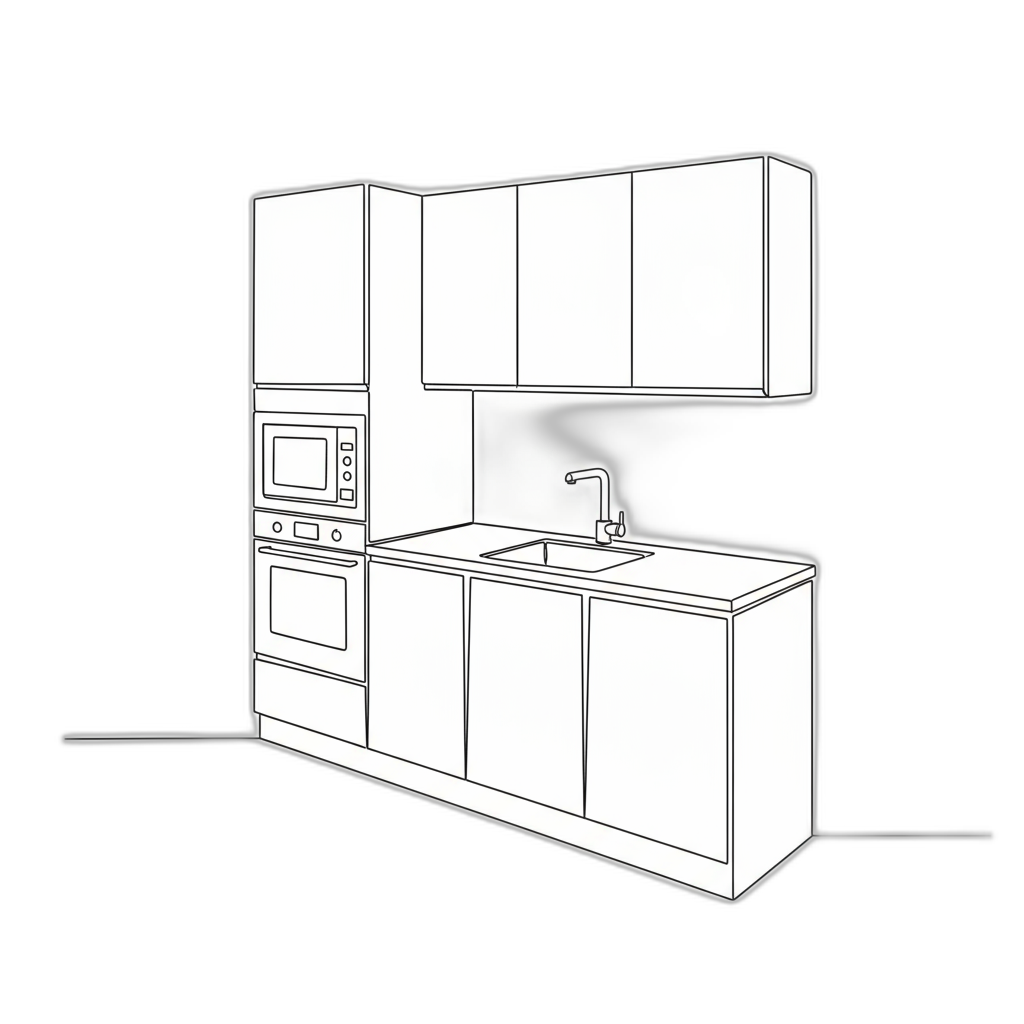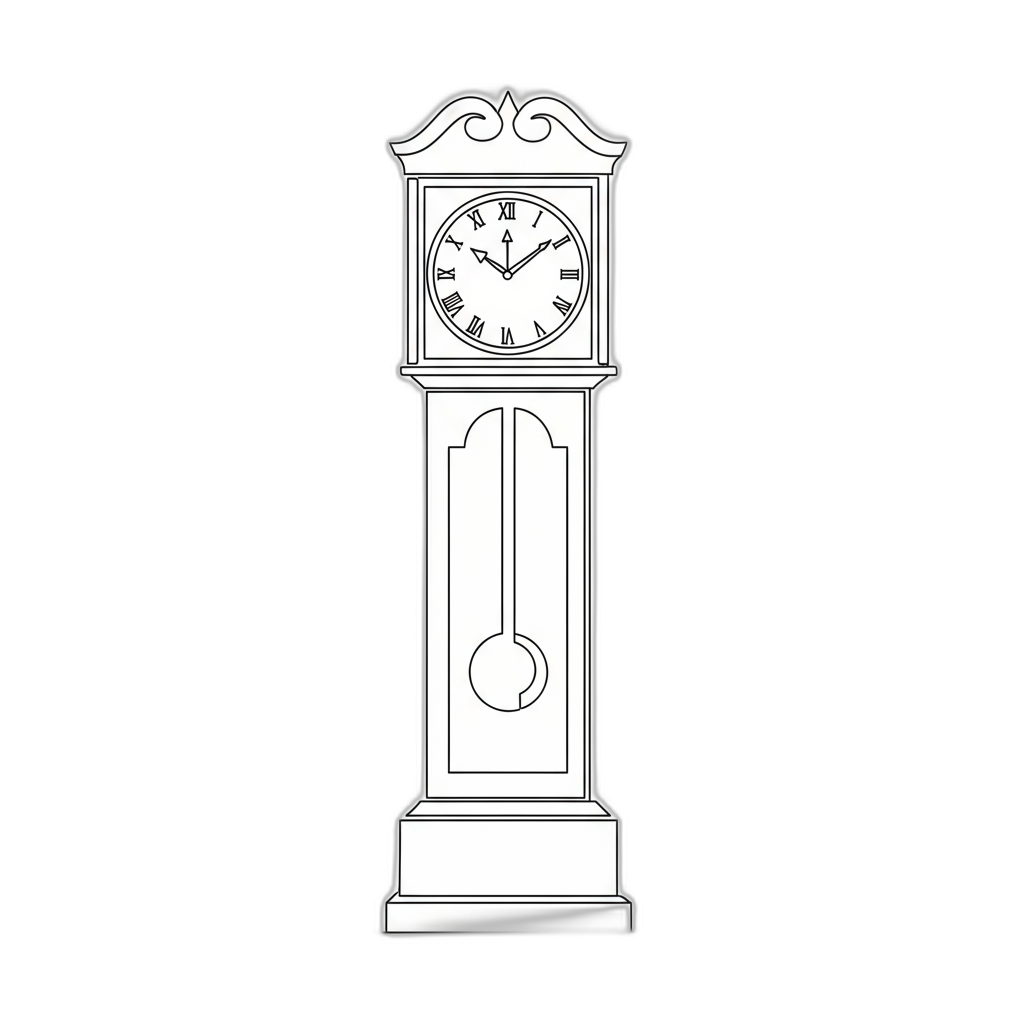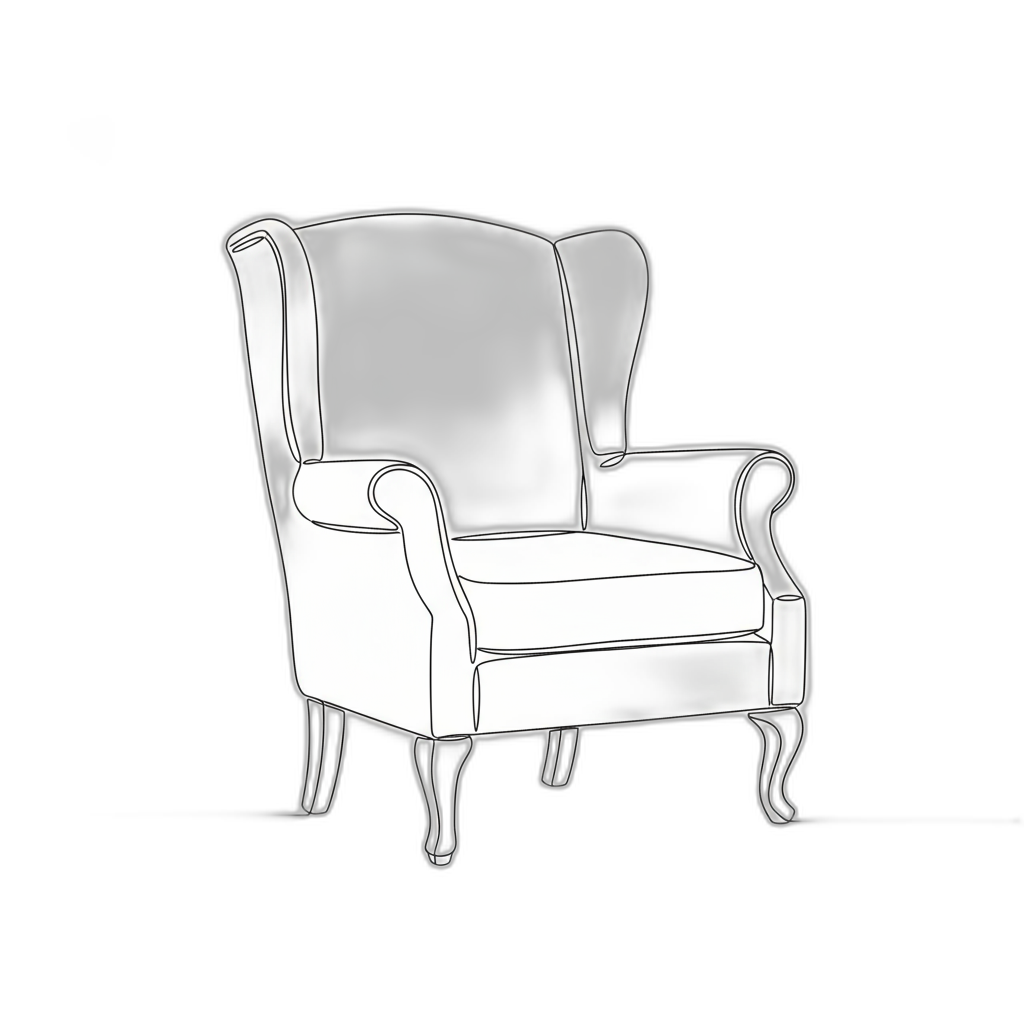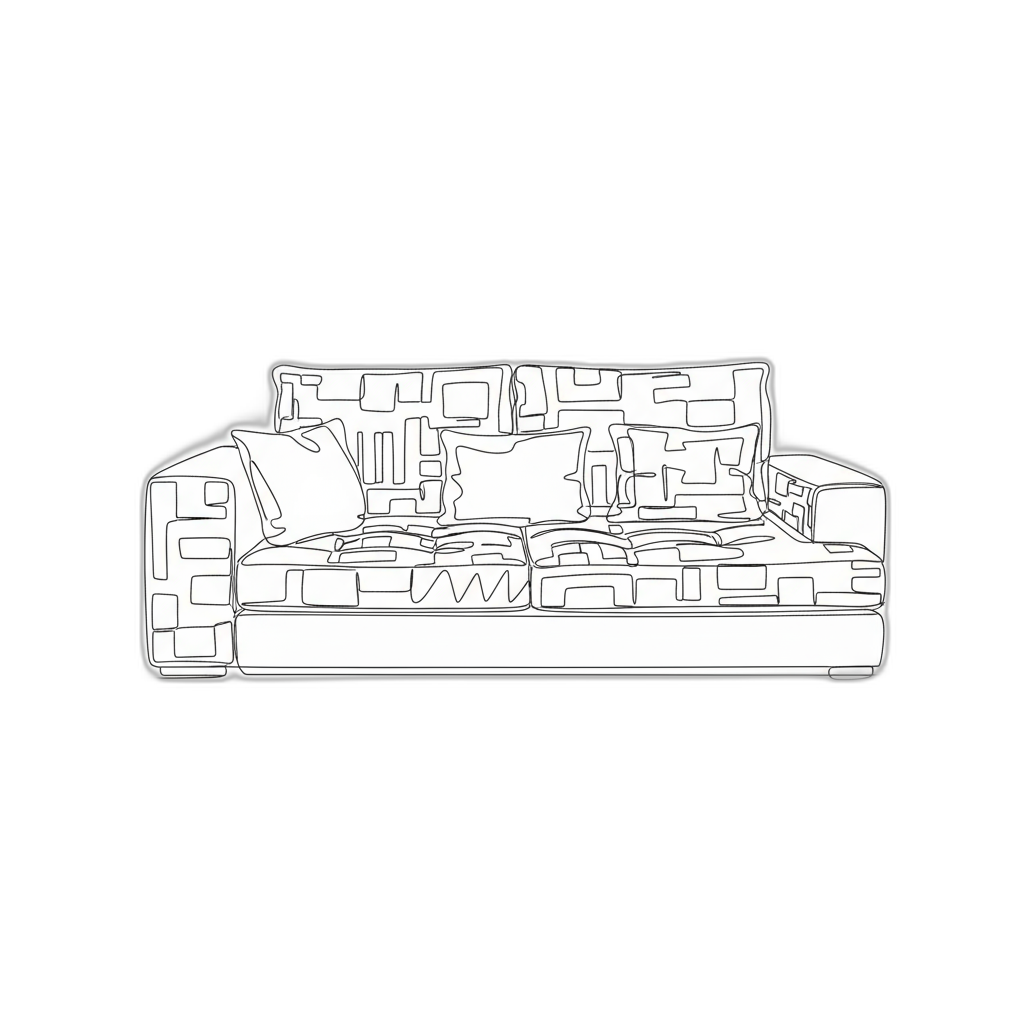






5-Star Service, Trusted & Loved by Hundreds
Your Appraiser Search Ends Here
Your Appraiser Search Ends Here
.avif)

Nationwide Coverage – Appraisals Anywhere in the US

Get it done Onsite or Online

Any Asset, Covered

Defensible for Any Purpose
Frequently Asked
Questions
No Frequently Asked Questions Found.
At its core, Medicaid planning involves careful asset management and strategic financial positioning. The primary objectives include qualifying for Medicaid benefits, protecting accumulated wealth, and ensuring access to necessary medical and long-term care services without exhausting personal resources.
The process encompasses several critical components. Asset protection stands as a fundamental strategy, involving careful evaluation and potential restructuring of savings, real estate, and investments to align with Medicaid's complex eligibility guidelines. Income management is equally crucial, with techniques designed to optimize financial positioning while adhering to program regulations.
Estate planning plays a significant role in this approach, integrating Medicaid considerations with broader financial goals. This may involve creating specialized trusts, implementing targeted gifting strategies, or utilizing legal mechanisms that protect assets while maintaining program compliance.
Exempt assets represent another important aspect of Medicaid planning. Certain properties, such as primary residences and specific personal belongings, can be strategically preserved while navigating eligibility requirements. Understanding these nuanced exemptions can provide substantial financial protection.
Crisis planning emerges as a critical component for those facing unexpected long-term care needs. This approach focuses on rapid strategies to meet eligibility requirements and protect assets when immediate care becomes necessary.
Given the complexity of Medicaid regulations, professional guidance becomes invaluable. Experienced elder law attorneys and financial advisors can provide personalized strategies tailored to individual circumstances, ensuring comprehensive protection and maximizing potential benefits.
Ultimately, Medicaid planning represents a proactive approach to financial and healthcare security. By understanding and strategically navigating program guidelines, individuals can maintain financial dignity while accessing essential care services.
A comprehensive appraisal provides an objective and legally recognized assessment of asset values, which directly impacts Medicaid qualification. These professional evaluations establish fair market value for real estate, personal property, and other significant assets, offering a clear snapshot of an individual's financial landscape.
By obtaining a detailed appraisal, individuals can make informed decisions about asset management. The valuation helps identify potential strategies such as strategic asset transfers or spending plans that align with Medicaid's strict regulatory guidelines. This proactive approach enables applicants to optimize their financial positioning while maintaining compliance with program requirements.
During the Medicaid application process, accurate documentation becomes essential. A professional appraisal serves as authoritative evidence, supporting the applicant's financial representation and potentially expediting the review process. The detailed assessment helps Medicaid caseworkers quickly and confidently evaluate an individual's eligibility.
Furthermore, a professionally prepared appraisal creates a protective documentation layer. In scenarios where asset values might be challenged, the appraisal stands as an impartial, expert-verified record of an asset's worth. This documentation can prevent potential disputes and provide clarity during the complex Medicaid planning journey.
Ultimately, a strategic appraisal is more than a simple valuation—it's a comprehensive financial planning tool that empowers individuals to navigate Medicaid's intricate requirements with confidence and precision.
Professional appraisers conduct an in-depth examination considering key factors such as age, condition, craftsmanship, materials, and historical significance. They carefully assess the furniture's physical characteristics, including the quality of construction, original materials, and overall preservation state. Specific design elements like wood type, joinery techniques, surface finishes, and manufacturing methods play crucial roles in determining value.
The appraisal process extends beyond visual inspection, incorporating extensive research into comparable market sales, auction records, and current collector trends. Appraisers analyze historical context, examining how specific design periods, manufacturers, and artistic movements impact a piece's desirability and potential financial value. Unique provenance, rare design elements, and original condition can dramatically influence an item's overall appraisal.
Expertise in furniture history, materials science, and market dynamics allows appraisers to provide nuanced, accurate valuations that reflect both the item's intrinsic qualities and its current market positioning. This comprehensive approach ensures a thorough and precise assessment that goes well beyond simple visual estimation.
The online appraisal process is designed to be both flexible and comprehensive. Clients are usually required to provide extensive information about their furniture, including precise dimensions, manufacturing details, current condition, age, and any distinctive characteristics that might influence its value. High-quality, multiple-angle photographs are crucial for enabling appraisers to make accurate assessments.
Advanced technological platforms now support various interactive appraisal methods. Live video consultations through platforms like Zoom or Skype enable real-time communication, allowing appraisers to request additional visual information or ask specific questions about the item. This interactive approach helps bridge the gap between traditional in-person assessments and remote evaluations.
Remote appraisals offer significant advantages, particularly for individuals with scheduling constraints, mobility limitations, or geographical challenges. Clients can undergo professional furniture valuations from the comfort of their home, eliminating the need for complicated logistical arrangements or transportation of potentially fragile items.
While online appraisals provide remarkable convenience, clients should understand that the accuracy of the assessment depends heavily on the quality and comprehensiveness of the information submitted. Clear, well-lit photographs and detailed, honest descriptions are essential for obtaining a reliable valuation.
The digital appraisal landscape continues to evolve, with professionals leveraging sophisticated technologies to deliver precise and trustworthy evaluations. For those seeking a convenient, efficient approach to understanding their furniture's value, online appraisals represent a modern solution to traditional valuation challenges.
Antique furniture appraisers represent a critical subset of this profession, focusing on pieces with significant historical value. They possess deep knowledge of period-specific design elements, manufacturing techniques, and cultural influences. Their expertise allows them to authenticate and precisely value items over a century old, distinguishing genuine antiques from skillful reproductions.
Contemporary furniture appraisers specialize in more recent designs, tracking current market trends and understanding the nuanced value of modern pieces. These professionals are particularly adept at evaluating furniture from the past few decades, considering factors like designer reputation, manufacturing quality, and current aesthetic preferences.
Collectible furniture appraisers occupy a unique niche, concentrating on pieces that hold special significance within collector communities. They understand the complex ecosystem of collector markets, assessing value based on rarity, historical importance, and desirability among specialized enthusiasts.
Specialty furniture appraisers develop deep expertise in specific styles or categories, such as mid-century modern or artisan-crafted pieces. Their targeted knowledge allows for precise valuations that consider the subtle characteristics unique to particular design movements or crafting traditions.
Furniture restoration appraisers bring technical insight into how preservation and restoration impact an item's value. They evaluate the potential and limitations of restoring a piece, providing critical guidance on maintaining or enhancing its market worth through careful intervention.
Selecting the right appraiser requires careful consideration of the specific furniture in question and the purpose of the valuation, ensuring a comprehensive and accurate assessment.
Insurance documentation represents a primary driver for obtaining furniture appraisals. Comprehensive valuations ensure homeowners can secure appropriate coverage and expedite claims processes in the event of loss, theft, or damage. Precise documentation becomes instrumental in protecting significant investments and providing clear evidence of an item's worth to insurance providers.
Estate planning and legal proceedings also benefit substantially from professional furniture appraisals. When distributing assets among heirs, accurate valuations help create equitable divisions and minimize potential familial conflicts. These assessments provide transparent, objective information about furniture's market value, facilitating smoother inheritance transitions and legal settlements.
Charitable donations involving high-value furniture require professional appraisals to validate tax deduction claims. When furniture exceeds certain monetary thresholds, documented assessments become essential for substantiating donation values and maximizing potential tax benefits.
Divorce proceedings frequently rely on furniture appraisals to determine fair property division. Professional evaluations offer neutral, fact-based assessments that help reduce emotional tension and streamline settlement negotiations by providing clear, defensible property values.
Collectors and antique enthusiasts particularly benefit from professional appraisals, gaining insights that inform purchasing, selling, and maintaining valuable collections. Understanding precise market values empowers informed decision-making and prevents potential financial misjudgments.
Ultimately, furniture appraisals represent more than simple monetary assessments. They provide comprehensive insights that protect financial interests, facilitate legal processes, and offer peace of mind across numerous personal and professional contexts.
Understanding Furniture Appraisals
Furniture appraisals serve a crucial role in Medicaid planning by determining the fair market value of personal belongings. This assessment is vital for individuals seeking long-term care coverage, as Medicaid has strict asset limits that may necessitate liquidating certain possessions. An accurate appraisal can provide peace of mind that one's furniture and other personal items are valued appropriately, avoiding the pitfalls of over or undervaluation during the application process.
The appraisal process itself involves a comprehensive evaluation by a qualified professional who considers various factors, including the condition, age, and market demand for the furniture. This evaluation not only aids in financial planning but also has implications for estate planning, as heirs may rely on these values when inheriting assets. Understanding furniture appraisals empowers individuals to make informed decisions, ensuring their assets are adequately represented and protected under Medicaid guidelines.
The Importance of Furniture Appraisals in Medicaid Planning
Furniture appraisals play a crucial role in Medicaid planning, particularly as individuals prepare for potential long-term care needs. Accurate appraisals help establish the fair market value of furniture and household items, which can significantly impact eligibility for Medicaid benefits. Understanding the value of these assets is essential, as Medicaid has specific asset limits that must be adhered to in order for individuals to qualify for assistance. Failure to adequately assess or undervalue personal property may lead to complications in securing the necessary care or even result in denial of benefits.
In many cases, the value of furniture is often underestimated, leading families to believe they have more financial resources available than they truly do. A professional appraisal provides an objective third-party assessment that can illuminate the actual worth of household items, allowing families to make informed decisions regarding asset management and Medicaid eligibility. Furthermore, having a comprehensive understanding of asset values can facilitate effective estate planning, ensuring that resources are allocated appropriately for both immediate and future needs.
Additionally, furniture appraisals can also help in minimizing disputes among family members regarding inheritance and asset distribution. A clear and detailed appraisal report serves as a solid foundation for discussions about asset allocation, providing transparency and reducing potential conflicts down the line. By proactively addressing the value of personal property through appraisals, families can navigate the complexities of Medicaid planning with greater confidence and clarity, paving the way for smoother transitions during challenging times.
Types of Furniture Typically Appraised
Furniture appraisals can encompass a wide range of items, each with its own characteristics and value determinants. Commonly appraised pieces include antique and vintage furniture, which often holds historical significance and can carry a higher market value due to their age and rarity. Additionally, contemporary designer furniture, particularly from well-known brands or limited editions, may also be appraised, as these items can maintain substantial resale value over time.
In residential settings, common furniture types subject to appraisal include sofas, chairs, dining sets, and bedroom suites. The materials used, craftsmanship, and condition of these pieces play a crucial role in their valuation. Specialty furniture items, such as handmade or custom-built pieces, can also be appraised due to their unique attributes that set them apart from mass-produced items, potentially leading to increased value.
Furthermore, furnishings with proven provenance—meaning they have documented history or previous ownership—may significantly impact their appraisal value. For instance, furniture once belonging to a notable historical figure or used in significant events can elevate its worth considerably. In Medicaid planning, understanding the types of furniture that can be appraised helps individuals and families effectively manage their assets while ensuring compliance with governmental regulations.
How Furniture Values are Determined
The value of furniture can be determined through various factors, including its age, brand, condition, and provenance. Antique or vintage pieces often hold higher values due to their historical significance and uniqueness. High-quality brands or designer items may also command premium prices, reflecting the craftsmanship and materials used in their construction. Additionally, the overall condition, including wear and tear, repairs, or restoration attempts, will significantly influence an item's market value.
Another critical element in determining furniture values is market demand. Trends in interior design can affect the desirability of certain styles, materials, and periods, leading to fluctuations in value over time. For instance, mid-century modern furniture has seen a resurgence in popularity, which may enhance its appraisal value compared to other less sought-after styles. Understanding the current market can provide insights into what potential buyers might be willing to pay.
Lastly, the appraisal process often includes a comprehensive examination of the item in question, alongside comparative sales data from similar items. Appraisers utilize this information to establish a fair and accurate market value. Collecting data from recent sales, advertisements, and auctions helps ensure that the appraisal reflects a realistic price point that aligns with current trends and buyer preferences, supporting effective decision-making in Medicaid planning.
Factors Influencing the Value of Furniture
The value of furniture can be influenced by a range of factors that appraisers consider when assessing pieces for Medicaid planning. One key element is the age of the furniture—antique or vintage pieces often carry more value due to their rarity and historical significance. Conversely, modern furniture may depreciate quickly, particularly if it lacks unique design features or craftsmanship that set it apart from mass-produced items.
Condition is another critical factor in determining furniture value. Well-maintained pieces that show minimal wear and tear tend to fetch higher appraisals, while items with significant damage or extensive repairs may be valued much lower. Additionally, provenance plays a role; pieces with a notable history or those associated with prominent designers or manufacturers can command higher prices due to their connection to recognized quality and craftsmanship.
The materials used in the construction of furniture also affect its appraisal value. Solid wood, high-quality upholstery, and durable finishes often elevate a piece's worth, whereas items made from lower-quality materials may diminish its overall appeal. Lastly, market trends can impact values, as consumer interest in certain styles or periods can fluctuate, influencing the demand and, consequently, the appraised value of specific furniture pieces.
The Role of Professional Appraisers in Valuation
Professional appraisers play a crucial role in the valuation process, particularly when it comes to furniture appraisals for Medicaid planning. Their expertise allows them to provide an objective assessment of the furniture's current market value, which is essential for accurate financial planning. Appraisers utilize a variety of methods and resources to assess the quality, condition, and historical relevance of the pieces, ensuring that the valuation is comprehensive and reliable.
By examining factors such as brand, age, materials, and market demand, appraisers can deliver a nuanced understanding of each item's worth. This information is vital for individuals who may be facing asset limits for Medicaid eligibility, as improperly valued assets can lead to unexpected financial challenges. A professionally conducted appraisal helps ensure compliance with state regulations and can shield applicants from potential penalties or delays in receiving benefits.
Moreover, engaging a qualified appraiser can provide peace of mind, as their professional opinion is often recognized by Medicaid authorities. This credibility can expedite the approval process and enhance the overall legitimacy of the application. In a landscape where accurate documentation is paramount, the role of professional appraisers extends beyond simple valuation; they serve as trusted advisors who can help clients navigate the complexities of Medicaid planning with confidence.
Common Myths About Furniture Appraisals
One common myth about furniture appraisals is that only antique or high-value pieces require professional evaluation. In reality, any item of significant worth or sentimental value may benefit from an appraisal. This can include modern furniture, inherited pieces, or items purchased for personal use. Understanding the true value of these belongings can be crucial for financial planning and Medicaid eligibility.
Another misconception is that furniture appraisals are a one-time event, with values remaining static over time. However, the market for furniture can fluctuate due to various factors such as trends, condition, and market demand. Regular appraisals can provide updated valuations that reflect current market conditions, ensuring that assets are accurately represented during financial planning processes, especially for Medicaid-related purposes.
Many people also believe that appraisals are only necessary for insurance purposes. While this is certainly a vital reason for obtaining an appraisal, there are other important contexts as well. Furniture appraisals play a key role in estate planning, divorce settlements, and Medicaid planning, helping individuals and families make informed decisions about their assets and ensuring compliance with Medicaid asset limits.
Documentation Required for Furniture Appraisals
When preparing for a furniture appraisal, especially in the context of Medicaid planning, it is essential to gather comprehensive documentation that substantiates the value of the items being assessed. This includes receipts, original purchase documents, and any records of previous appraisals. Such documents provide context regarding the age and condition of the furniture, allowing the appraiser to ascertain its fair market value more accurately. Additionally, photographs of the items can help in showcasing their condition and any unique features that contribute to their worth.
Another critical component of documentation is detailed descriptions of each piece of furniture. This entails noting the manufacturer, model, material, and any distinctive characteristics that could impact the appraisal. Information such as provenance—the history of ownership and any notable past uses—can also enhance the overall understanding of the item's significance and value. Having this information organized and readily available can facilitate a smoother appraisal process.
Lastly, if the furniture has undergone any modifications or restorations, documentation of these changes should also be included. Records detailing care and maintenance efforts can reflect on the item's current condition and longevity, which are vital factors in determining its market value. With all this information compiled, individuals will be better prepared to present their furniture for appraisal, ensuring a thorough evaluation that aligns with their Medicaid planning needs.
The Appraisal Process: What to Expect
The appraisal process for furniture, especially in the context of Medicaid planning, begins with a thorough assessment of the items in question. A qualified appraiser will evaluate the furniture based on various factors, including its age, condition, brand, and market demand. They may also consider the original purchase price and any documentation that can provide insight into value history. This detailed examination helps establish a fair market value, which is essential for Medicaid applications and eligibility.
Following the initial evaluation, the appraiser will compile their findings into a formal appraisal report. This document serves as an official record, detailing the appraised items along with photographs, descriptions, and the rationale behind the assigned values. It is crucial for ensuring accuracy and transparency, particularly for financial institutions or Medicaid offices that may require substantiation of the values provided. Having a comprehensive report aids in mitigating potential disputes or challenges regarding the valuation.
Throughout the appraisal process, communication between the appraiser and the client is vital. Clients should feel comfortable asking questions and clarifying any uncertainties related to the process. Understanding the intricacies of how furniture values are determined can alleviate concerns related to Medicaid planning and help clients make informed decisions regarding their assets. By being well-informed, clients can navigate the complexities of planning with confidence and transparency.
How to Prepare for a Furniture Appraisal
Preparing for a furniture appraisal involves several key steps to ensure a smooth and effective process. First, gather all relevant documentation that supports the value of your furniture, such as receipts, photographs, and previous appraisal reports. This information can provide valuable context regarding the piece's condition, provenance, and market trends, allowing the appraiser to make an informed assessment.
Next, clean and organize the furniture you want to have appraised. A well-maintained piece not only presents a more appealing image but can also affect its overall value. If applicable, take note of any damages or repairs that have been made, as this can be a factor in the appraisal process. Making a list of your furniture’s characteristics—such as materials, age, and style—can also help in discussions with the appraiser.
Lastly, it's beneficial to do some preliminary research on your furniture. Familiarize yourself with the types of furniture that may have comparable values in today’s marketplace by checking online marketplaces and auction sites. This knowledge can empower you during the appraisal, as it will equip you with an understanding of potential value ranges and market dynamics related to your specific items.
Potential Challenges in Furniture Appraisals for Medicaid
While furniture appraisals may seem straightforward, several challenges can arise, particularly when it comes to Medicaid planning. One significant hurdle is ensuring that the appraised values accurately reflect the current market conditions. Furniture can depreciate quickly, and determining its fair market value often requires expertise, especially for high-end or antique pieces. Furthermore, emotional attachment to items can cloud judgment, leading to inflated appraisals that could impact Medicaid eligibility.
Another challenge involves the documentation requirements set forth by Medicaid. It's essential that appraisals be conducted by qualified professionals who can provide detailed reports and valuations in line with Medicaid guidelines. Incomplete or improperly documented appraisals can lead to delays in the application process or even denial of benefits. Therefore, navigating the nuances of these requirements is crucial for individuals looking to leverage their furniture's value in Medicaid planning.
Frequently Asked Questions About Furniture Appraisals and Medicaid Planning
When it comes to Medicaid planning, understanding the value of personal property, including furniture, is essential. Furniture appraisals can provide an accurate assessment of your items, ensuring that you and your family have a comprehensive picture of your assets. This information is crucial, as Medicaid eligibility is based on asset limits, and having an accurate valuation can help you navigate the complexities of the application process while safeguarding your interests.
During a furniture appraisal, a qualified appraiser assesses the individual pieces to determine their current market value. This process considers factors such as age, condition, brand, and desirability of the items. By obtaining a professional appraisal, you can present detailed evidence of your furniture's value, which may be beneficial if you ever need to dispute a Medicaid decision or if you wish to restructure your assets for better financial planning.
Moreover, having a documented appraisal can provide peace of mind as it takes the guesswork out of asset valuation. In cases where long-term care is needed, knowing the accurate worth of your furniture may influence decisions on what to keep, sell, or gift, ultimately affecting your financial strategy. Understanding the implications of furniture appraisals within the context of Medicaid planning can empower individuals to make informed choices and enhance their overall financial security.
View all Locations
BEST-IN-CLASS APPRAISERS, CREDENTIALED BY:





















.svg)








